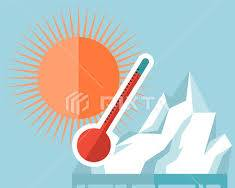1. Vocabulary for Unit 10. PLANET EARTH
1.1. Vocabulary for Week 26. Lessons 1 - 3. U10. Global Success 9
habitat
(n) /ˈhæbɪtæt/ = environment (môi trường sống).The conservation efforts aim to protect the natural habitat of endangered species.
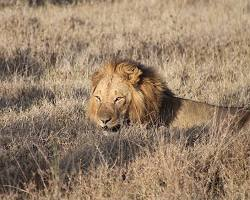
fauna
(n) /ˈfɔːnə/ = animals (hệ động vật).The national park is home to a diverse range of fauna.
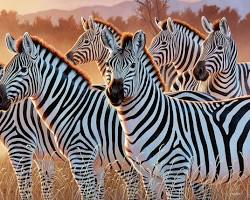
flora
(n) /ˈflɔːrə/ = plants (hệ thực vật).The botanist studies the local flora to understand the ecosystem.
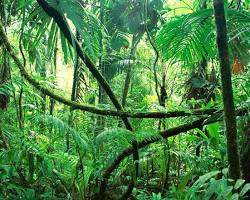
landforms
(n) /ˈlændfɔːrmz/ = terrain features (các hình thái địa hình).The region's unique landforms attract geologists from around the world.

pollution
(n) /pəˈluːʃn/ = contamination (sự ô nhiễm).Efforts to reduce pollution are crucial for environmental sustainability.

essential
(a) /ɪˈsenʃl/ = necessary (thiết yếu).Clean water is an essential requirement for all living organisms.

preserve
(v) /prɪˈzɜrv/ = protect, conserve (bảo tồn).It's our duty to preserve the planet for future generations.
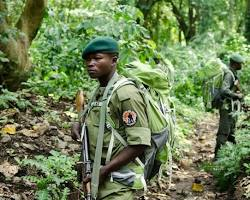
relative clauses
(n) /ˈrelətɪv ˈklɔːzɪz/ = descriptive clauses (mệnh đề quan hệ).Understanding relative clauses enhances the complexity of writing.
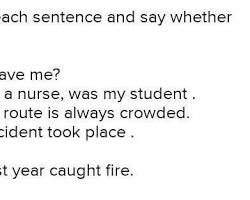
rhythm
(n) /ˈrɪðəm/ = beat (nhịp điệu).The music had a captivating rhythm that made everyone dance.
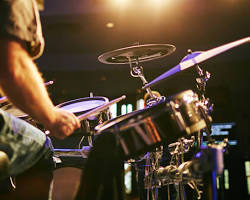
stressed syllables
(n) /strest ˈsɪləblz/ = accented sounds (âm tiết có trọng âm).In English, words often have one or more stressed syllables.

unstressed syllables
(n) /ʌnˈstrest ˈsɪləblz/ = unaccented sounds (âm tiết không trọng âm).Pay attention to the pronunciation of unstressed syllables in words.
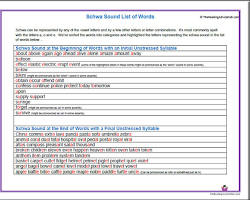
pronunciation
(n) /prəˌnʌnsiˈeɪʃn/ = articulation (cách phát âm).Good pronunciation is essential for effective communication.
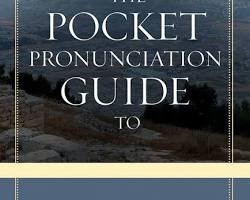
outer space
(n) /ˈaʊtər speɪs/ = cosmos (không gian ngoài).Astronauts explore the mysteries of outer space.

solar system
(n) /ˈsoʊlər ˈsɪstəm/ = planetary system (hệ mặt trời).The solar system consists of the sun, planets, and other celestial bodies.
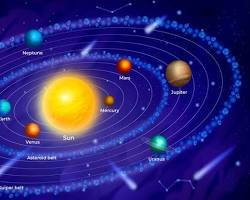
climate change
(n) /ˈklaɪmət tʃeɪndʒ/ = global warming (biến đổi khí hậu). Urgent action is needed to address the challenges of climate change.